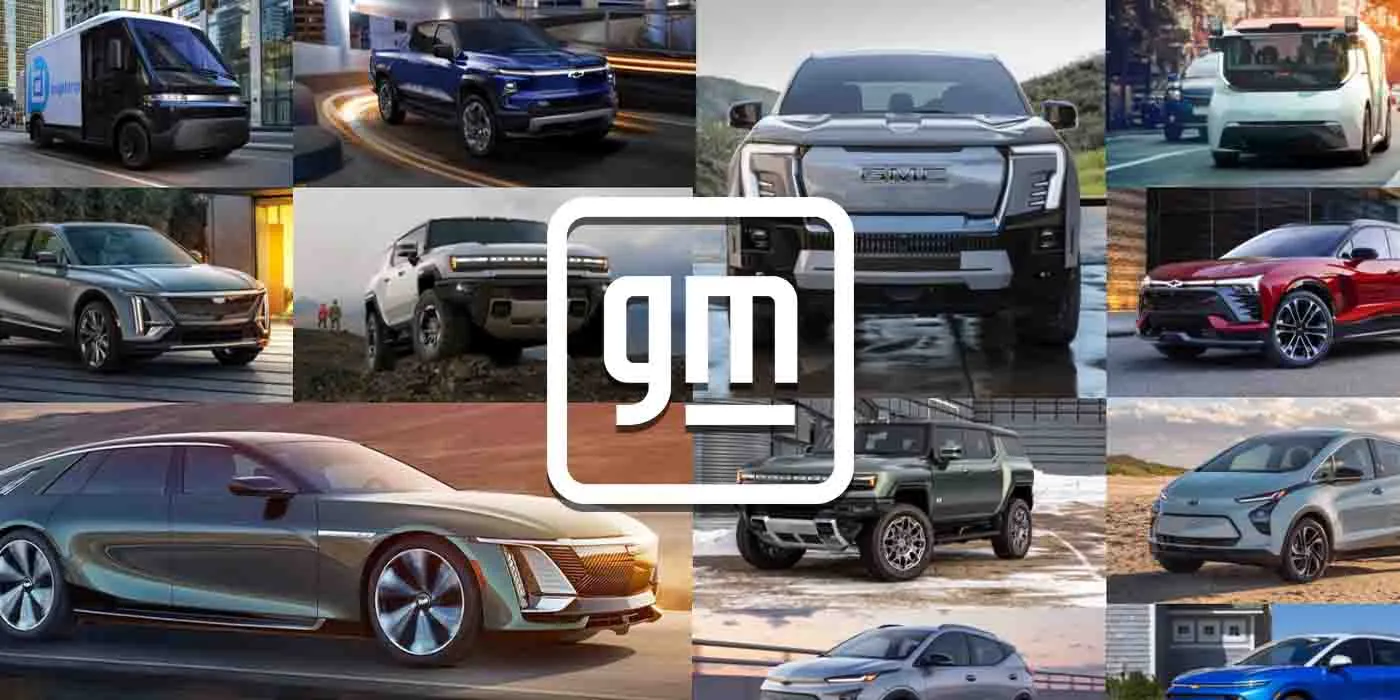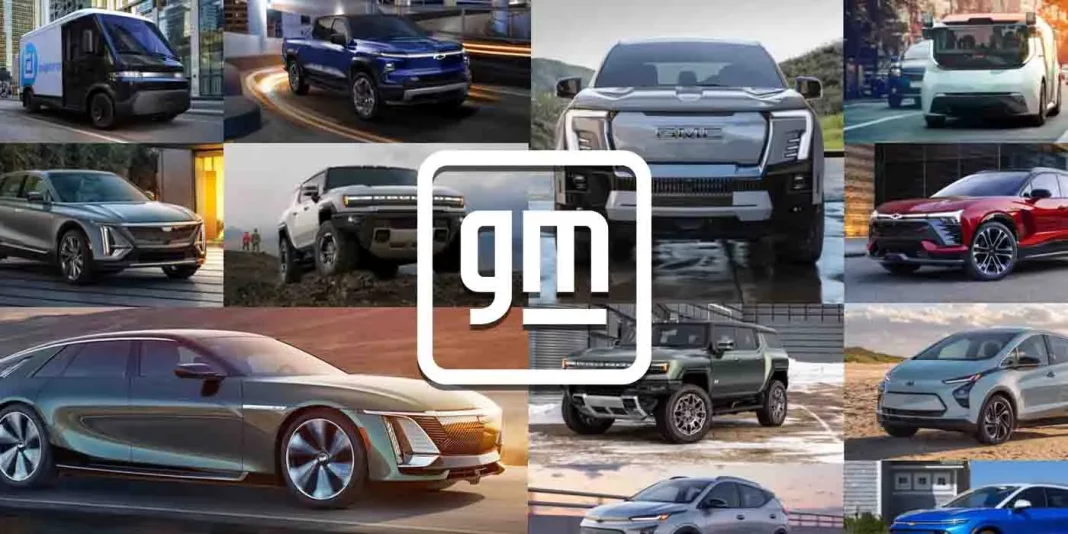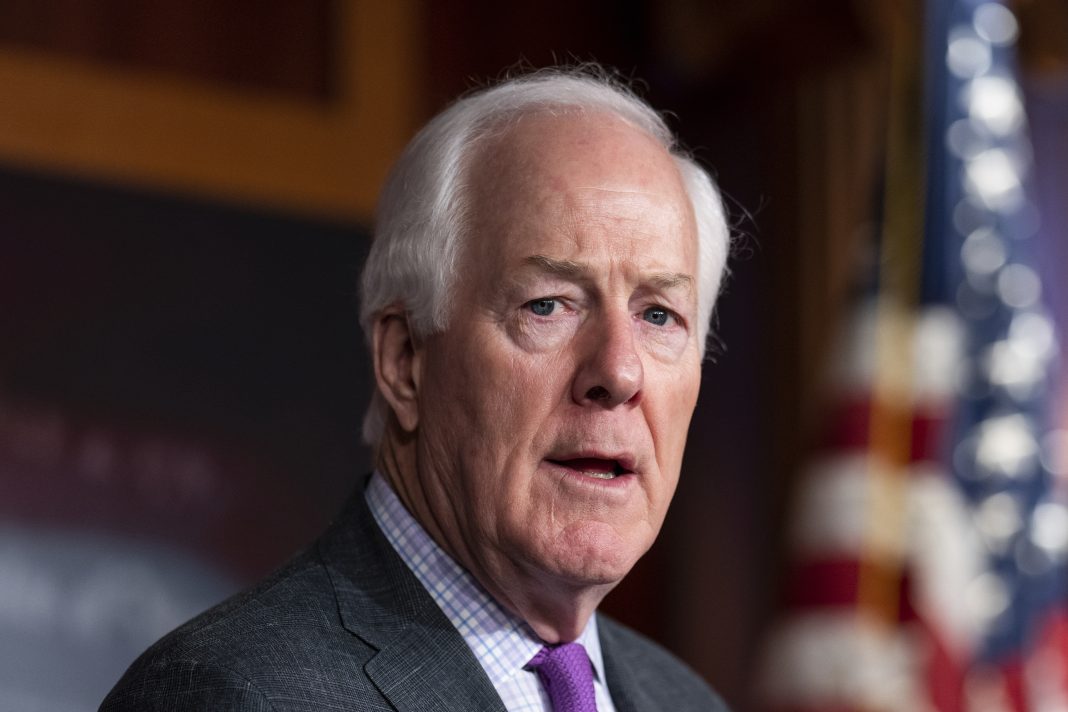 The decline of sedans in the United States automotive market has claimed another victim, as General Motors (GM) recently announced the discontinuation of the Chevrolet Malibu, the last affordable sedan in its lineup. The Malibu, a nameplate that dates back to the 1960s, holds a historical significance for GM, which was once a dominant force in the American economy. However, with the shifting preferences of American drivers towards sport utility vehicles (SUVs) and away from sedans and compacts, the fate of the Malibu was sealed.
The decline of sedans in the United States automotive market has claimed another victim, as General Motors (GM) recently announced the discontinuation of the Chevrolet Malibu, the last affordable sedan in its lineup. The Malibu, a nameplate that dates back to the 1960s, holds a historical significance for GM, which was once a dominant force in the American economy. However, with the shifting preferences of American drivers towards sport utility vehicles (SUVs) and away from sedans and compacts, the fate of the Malibu was sealed.
GM’s decision to discontinue the Malibu follows a trend set by its Detroit rivals, Stellantis and Ford Motor, who have also phased out cars from their U.S. model lineups. This move aligns with the changing dynamics of the automotive industry, where SUVs and trucks have become more popular due to their versatility and larger cargo capacity. Automakers have capitalized on this trend by focusing on the production of larger vehicles that yield higher profits.
While foreign automakers like Toyota, Honda, and Hyundai still sell sedans and compacts in the U.S., their sales numbers have significantly decreased compared to previous decades. The once-popular Toyota Camry and Honda Accord no longer dominate the American roads as they once did. Even Subaru, a Japanese automaker known for its sedans, recently announced plans to discontinue its Legacy sedan.
GM currently manufactures the Malibu at its plant in Kansas City, Kan. However, production will cease later this year as the company plans to retool the factory for the manufacturing of the new Chevrolet Bolt electric car and the Cadillac XT4 luxury SUV. This strategic shift reflects GM’s commitment to meeting consumer demands for electric vehicles while maintaining its presence in the lucrative luxury SUV market.
The Chevrolet Malibu has a storied history, with its first introduction in 1964. GM temporarily stopped production of the Malibu in 1983 due to increased competition from foreign automakers. It was reintroduced in 1997 but has consistently trailed behind its competitors, the Toyota Camry and Honda Accord, in terms of sales.
Despite selling over 10 million Malibus since its inception, sales have slumped in recent years, with only 130,000 units sold in 2023. This represents a significant decline from the approximately 200,000 units sold annually a decade ago. The discontinuation of the Malibu aligns with GM’s strategy to streamline its product offerings and focus on more profitable segments.
GM’s decision to discontinue the Malibu follows its announcement in 2023 to halt production of another iconic car, the Chevrolet Camaro. However, the company will continue manufacturing the Chevrolet Corvette, a popular sports car. GM’s luxury brand, Cadillac, still produces two gasoline-powered sedans and plans to introduce a high-end electric car this year. Aside from these exceptions, all other models produced by GM for the U.S. market are now trucks or SUVs.
GM’s move to discontinue the Malibu mirrors Ford’s decision several years ago to eliminate sedans from its lineup, leaving only the Mustang as the sole car offered for the U.S. market. Similarly, Stellantis, the parent company of Chrysler, has shifted its focus towards trucks, SUVs, and minivans. However, it has announced plans to introduce an electric version of its Dodge Challenger muscle car in 2025.
While the discontinuation of the Malibu marks the end of an era for GM, there is still a possibility that it may make a comeback in the future, potentially as an electric vehicle. Automakers often revive and repurpose old model names that hold nostalgic value for buyers. As the automotive industry continues to evolve, it will be interesting to see how manufacturers adapt and innovate to meet changing consumer preferences and environmental regulations.


